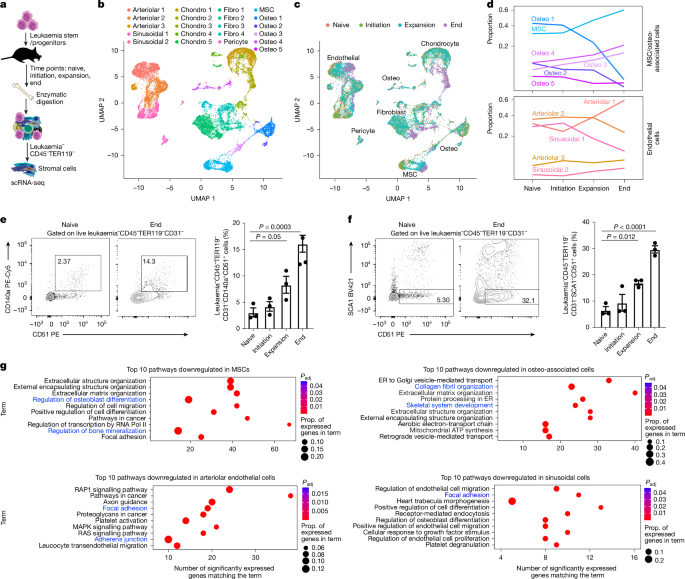
"While traditional approaches have linked the tumor microenvironment to cancer biology, new insights reveal that specific receptors on cancer cells are critical for understanding progression."
"Our research indicates that TAUT, through its regulation of taurine, could be a significant factor in the aggressive nature of myeloid leukaemias and highlights the need for targeted therapies."
The research identifies the critical role of the tumor microenvironment (TME) in leukemia progression, particularly in blast-crisis-phase chronic myeloid leukaemia (bcCML) and acute myeloid leukaemia (AML). By utilizing single-cell RNA sequencing (scRNA-seq), the study reveals altered cellular compositions and signaling pathways within the bone marrow microenvironment. Specifically, it highlights the significance of the taurine transport protein (TAUT) as a key regulator associated with adverse outcomes in AML, proposing that targeting TME signals may offer new therapeutic strategies in cancer treatment.
#tumor-microenvironment #leukemia #cancer-research #therapeutic-targeting #single-cell-rna-sequencing
Read at Nature
Unable to calculate read time
Collection
[
|
...
]